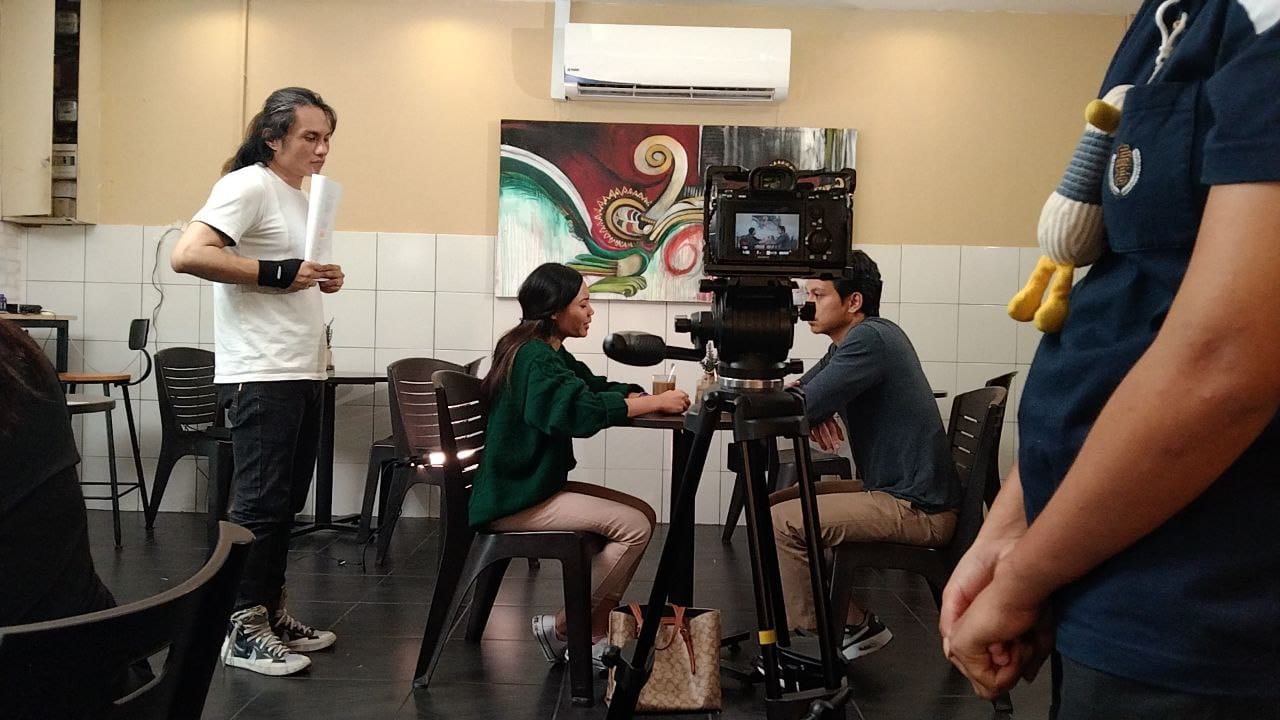Cultural Sovereignty at Stake: The Hidden Costs of Broadcasting Liberalization in Malaysia's Trade Deal
Clause 2.20 of US-Malaysia trade deal removes 80% local content quota in broadcasting. Critical analysis of impacts on local creative industry, cultural identity & national sovereignty. Read the implications.

The recently unveiled trade agreement between Malaysia and the United States contains a provision that extends far beyond conventional economic measures, striking at the very heart of national cultural identity. Article 2.20: Broadcasting represents a critical flashpoint in the ongoing tension between global market integration and cultural preservation. This clause, which mandates Malaysia to eliminate its 80% local content quota for broadcasters and permit unrestricted foreign programming during prime time, constitutes more than a technical adjustment—it represents a fundamental reassessment of Malaysia's cultural sovereignty.
Proponents typically frame such measures under the banner of market liberalization and consumer choice expansion. However, this narrative obscures a more complex reality that could systematically undermine Malaysia's creative economy. The domestic broadcasting industry—comprising film producers, directors, actors, and technical crews who have built their careers over decades—now faces direct competition from global media conglomerates with virtually unlimited resources. Without protective measures, the local content ecosystem that sustains Malaysian languages, values, and national narratives faces potential erosion.
The most significant concern lies in the long-term impact on Malaysia's cultural identity. Prime time broadcasting represents the crucial window during which shared stories and values reinforce collective identity. Allowing foreign content to dominate this space constitutes a subtle form of cultural imperialism, where external narratives and lifestyles could gradually overshadow domestic storytelling. This transcends commercial competition, becoming a struggle to maintain Malaysia's voice within its own media landscape.
Economically, the implications are equally profound. Local content production drives substantial domestic investment and employment within the creative value chain. Weakening this sector risks not only reducing opportunities for media professionals but also increasing profit outflows to international media corporations. This creates a paradoxical situation where Malaysian viewers effectively fund other nations' creative industries at the expense of their own.
Malaysian negotiators may argue that such measures are necessary to diversify viewer options and attract foreign investment. However, critical questions remain unanswered: Is this trade-off equitable? What value do we assign to cultural heritage and local storytelling capacity when weighed against commercial interests? This clause reflects a significant bargaining power asymmetry, where local cultural interests become negotiable commodities.
The path forward demands concerted action. Opposition parties, cultural organizations, and creative industry stakeholders must bring this issue into public discourse. They should emphasize the need for transparent public consultation regarding such provisions and advocate for protective mechanisms that safeguard local content while permitting measured international access.
In conclusion, Article 2.20 transcends typical trade agreement clauses. It serves as a crucial test of Malaysia's commitment to preserving its cultural identity in an era of globalization. Accepting such provisions without adequate public deliberation and protective measures not only undermines national cultural policy but effectively cedes cultural public space to international commercial interests. The future of Malaysia's narrative sovereignty may well depend on how this challenge is addressed.
